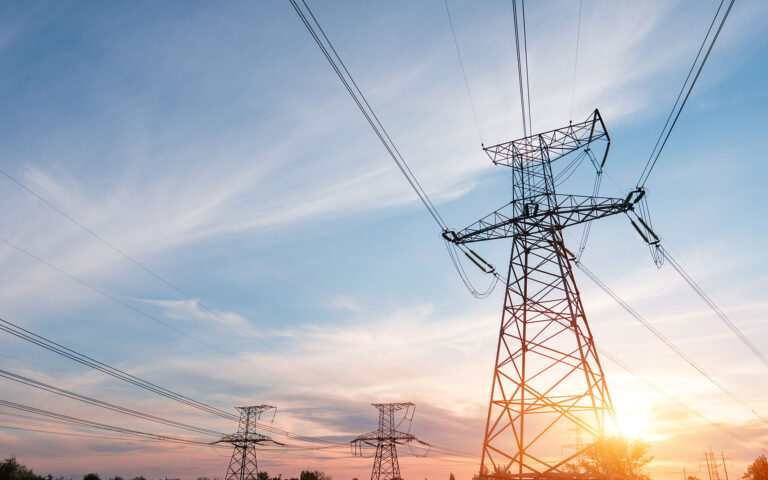The first revenue from the extraordinary tax on “excess profits” of refineries For the fiscal year 2022, and on the other hand, collecting surplus profits from suppliers Present It seems to have… got lost in translation.
refiners in the country, HELLENiQ ENERGY And engine oillike Duly underlining the “K”In July, it paid the first installment of the extraordinary contribution imposed on it for the 2022 earnings and will complete its tax liability in 8 monthly instalments, as provided by the relevant legislation.
the tax collection Of the excess profits of the refiners were imposed on the European level last year before commission At a rate of no less than 33% in 2022 earnings, which exceeds 20% of the average taxable profits for the four-year period 2018-2021, which is the rate also adopted by Greece. The total amount to be collected from the two refineries in the country is estimated at around 650 million euros.
The country’s two refiners, HELLENIQ ENERGY and Motor Oil, in July paid the first installment of the exceptional tax imposed on them for 2022 profits.
The taxation of any excess profits in the retail market was unexpectedly announced by the former environment and energy minister Kostas Skrekas, last September. This was the second month of implementation of the new pricing model that replaced the Amendment Clause, and its failure was starkly shown, because instead of containing electricity prices, which is the main demand, it raised them soaringly.
Suppliers switched to the price of kilowatt-hours and increased the risk of predicting the price, amidst a state of uncertainty in the market, as with the new mechanism, they became obligated to publish tariffs monthly ten days before their implementation (on the twentieth day of each precedent). Month). In September, for example, the PPC tariff was set at €788/MWh, which is €269.5/MWh higher than the rate that would have triggered the adjustment clause, with the marginal system price set at €447/MWh. megawatts per hour in the same month. MWh and the total wholesale cost is around 518.5 EUR/MWh.

The high burden on tariffs with the new mechanism in connection with the amendment clause was officially confirmed a month later by the RAE in a letter to the political leadership of the Ministry of Foreign Affairs.
according to with data processed by “K”, which are based on prices announced by ADMIE and the Energy Exchange and taking as an indicator the PPC tariff up to the first 500 kWh, from last September to August this year, retail prices were on average 61% higher than prices that would have been formed during the same period if the amendment clause is in effect. Service providers collected more than 89.31 euros per megawatt hour, and in total for the period September 2022-August 2023 about 2.68 billion euros.
This amount did not constitute a burden on consumers, as it was covered by subsidies, which in total exceeded 8 billion euros. In other words, a third of the subsidies funded electricity suppliers’ risks that would not have existed with the adjustment clause otherwise the new pricing model brought service providers an additional revenue of €2.68 billion. On the part of the service providers, it is also said that this pricing model eventually ended up supporting the traders they were dealing with to reduce forecast risk.
Yet a year after the tax on electricity providers was announced, not a single euro has entered state coffers, and it does not look like it will for many months to come. The original declaration, as passed, provided for a tax on excess earnings to be taxed every three months, with the first period from August to October 2022 and collection in November. January came and Minister Kostas Skrekas proceeded to issue a new legislative regulation to extend the period from August 2022 to January 2023 and then limit it to the five months from August to December 2022.
However, he never carried out the mutual legal assistance required to collect the excess profits, which led to the process being deferred to the next minister. The new political leadership of Mr. Skilakakis is said to be proceeding with a new extension of the period to June 2023. This is a result of letters sent by the RAAEF in August to suppliers in order to submit data on their revenues for the period August 2022-June 2023, as the government was reported to be looking for a way out of During the new extension of possible delay criticism under the TIF, a year after it was announced.
Based on the first calculation made by the RAAEF, the excess income for the last five months of 2022 amounted to around 300 million euros.





More Stories
“Recycling – Changing the water heater”: the possibility of paying the financing to the institution once or partially
Libya: US General Meets Haftar Amid Tensions Between Governments
New tax exemption package and incentives for business and corporate mergers..